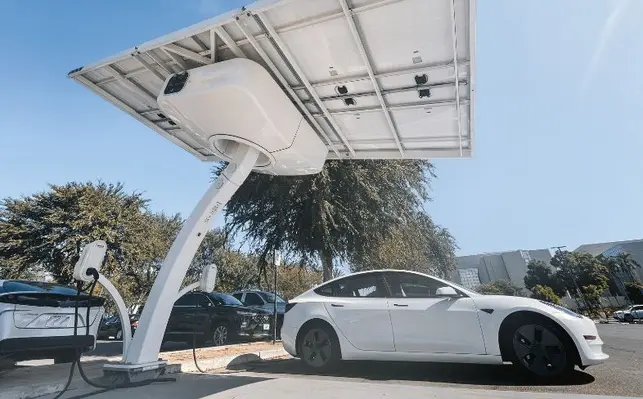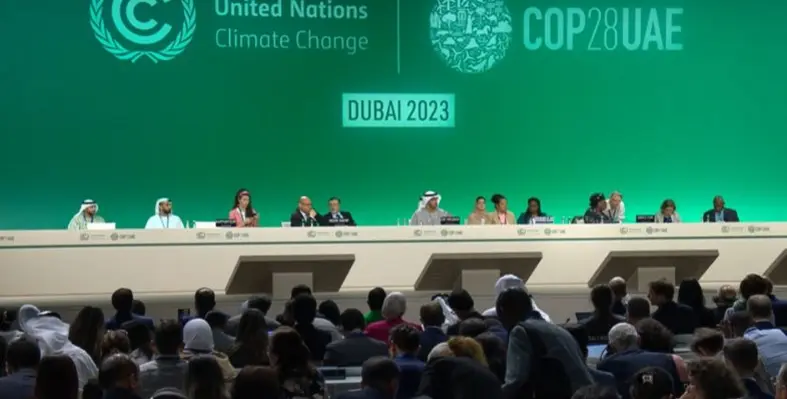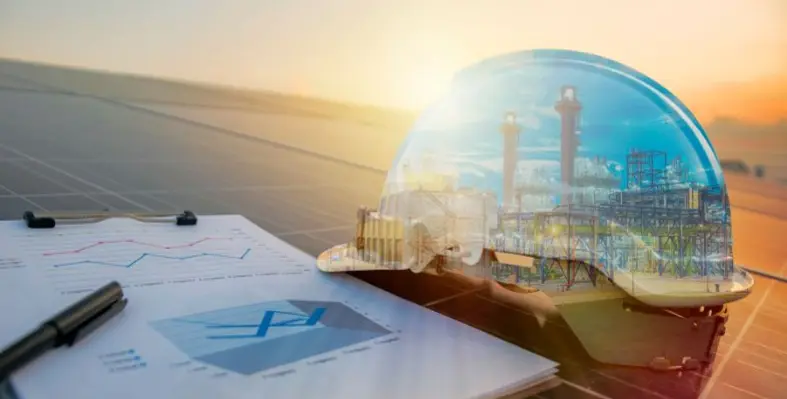Dr Neil Quilliam, energy research director at SRMG Think, tells Technical Review Middle East about the future of energy in the Middle East. He previously headed the Chatham House MENA programme’s Future Dynamics in the Gulf project, was project director of the Syria and Its Neighbours policy initiative and acting programme head
Middle Eastern countries will continue to develop oil and gas projects in pursuit of higher production goals, although priority will be given to decarbonising fossil fuels to extend the shelf life of the region’s vast reserves for as long as possible. Investments in natural gas will increase as a transition fuel within the energy transition.

In tandem, MENA countries will boost investments in renewable energy capacity and distribution networks, to free up valuable hydrocarbons for export and in preparation for the gradual phasing out of oil over the longer term.
With half of the world's proven oil and gas reserves, MENA producers, particularly GCC countries, are aiming to be among the last producers of oil, in a low-carbon world. This goal, coupled with the impact of climate change in MENA, are driving a momentum towards reducing the emissions of the fossil fuel industry and investing in low-carbon technologies such as carbon capture and storage.
In fact, MENA countries are water-scarce and highly vulnerable to climate change. The impact is witnessed in increasing temperatures, more frequent sandstorms, and drought.
A growing focus on low-carbon technologies in the oil and gas industry would grow the market share of MENA producers as importers seek decarbonisation measures, and lower emissions fuel.
The decarbonisation of the energy sector in MENA is driven by climate change, but also by economic and security concerns. The bulk of the transition is so far recorded within the power sector, and increasingly in transport, with the growth in electric vehicle adoption. In the power sector, renewable energy has been gaining traction, increasing by more than ten fold in the past decades.

But they need to be coupled with investments in the grid and energy storage to meet the region’s ambitious renewable energy targets. More focus should also be granted to energy efficiency as the growth in energy consumption is substantial and unsustainable.
The current geopolitical situation in Palestine has meant that efforts by regional international actors to address climate change will be a lower order priority for the time being. All diplomatic efforts are being directed towards de-escalating the conflict, preventing the spread of war to other countries, and protecting civilian lives.
Whilst the conflict has not hindered regional states from addressing climate change directly, it will have a knock-on effect, as they will be less likely to co-operate on a regional level until the current environment changes.
Prior to the conflict, many MENA states had taken steps to de-escalate tensions in the region. These steps created an environment where pressing transnational climate issues could be addressed collectively. For example, in September, the CEO of Saudi Arabia's National Center for Meteorology (NCM) Ayman Bin Salem Ghulam spoke in Tehran at the International Conference on Combating Sand and Dust Storms.

He focused his comments on kingdom's Regional Climate Change Centre, the Sand and Dust Storm Warning Regional Centre, and the Regional Cloud Seeding Programme, which all form part of its Middle East Green Initiative. Ghulam’s participation in the event soon followed the restoration of relations between Saudi Arabia and Iran.
The impact of climate change seen in rising temperatures, land degradation, desertification, water scarcity, food security and air and water pollution, has wide ranging impact around the Middle East. Scientists have predicted that without greater prioritisation of climate change policies and commitments, much of southern Iraq, Iran and the Arab Gulf states could become uninhabitable over the next fifty to one hundred years.
In spite of conflicts, therefore, the subject of climate change will continue to force itself on to the regional agenda, especially as its impacts intensify. Moreover, the UAE recently hosted the COP28, building on COP27 in Cairo, highlighting regional efforts to lead on the climate agenda, particularly on behalf of the global south.









